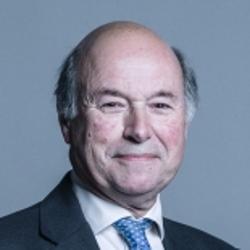Air Pollution
(asked on 31st January 2017) - View SourceQuestion to the Department for Environment, Food and Rural Affairs:
To ask Her Majesty’s Government what action they are taking to ensure that air pollution levels are reduced in the UK, in the light of the alert declared in London recently as a result of toxic air peaks.
The United Kingdom complies with EU legislation for nearly all air pollutants, but faces challenges in achieving nitrogen dioxide limits, along with 16 other EU member states. That is why we have committed more than £2 billion since 2011 to reduce transport emissions and the autumn statement provided a further £290 million to support greener transport. Air quality is improving, but the Government recognises that we need to go further and faster and we will be consulting on a new national plan by 24 April. The final plan will be in place by the end of July.
As part of the national air quality plan already in place we are requiring five cities (Birmingham, Derby, Leeds, Nottingham and Southampton) to implement Clean Air Zones.
London faces the greatest challenge because of the size and complexity of the Capital’s transport networks and construction activity from unprecedented growth. The Mayor is responsible for air quality in the capital and has reserve powers under Part IV of the 1995 Environment Act to enable this. Under the Act the Mayor may direct the boroughs in the Greater London area concerning how they should assess and prioritise action in their areas. From September 2020 an Ultra-Low Emission Zone (ULEZ) will be introduced in London. The ULEZ will apply to all cars, motorcycles, vans, minibuses, buses, coaches and HGVs and will cover the same area as the current Congestion Charge Zone.

